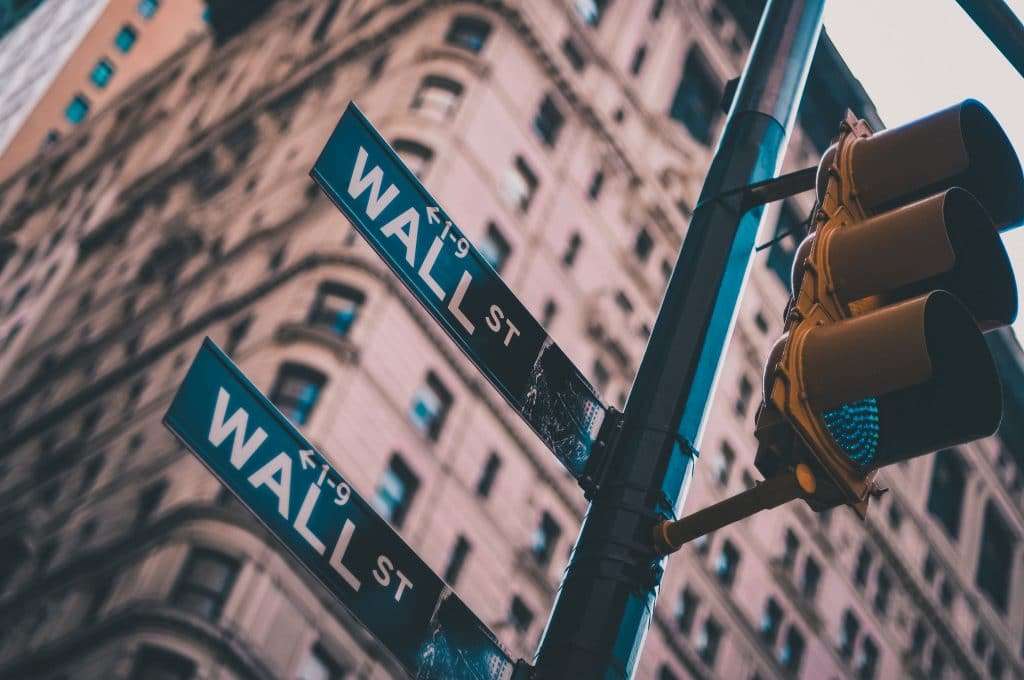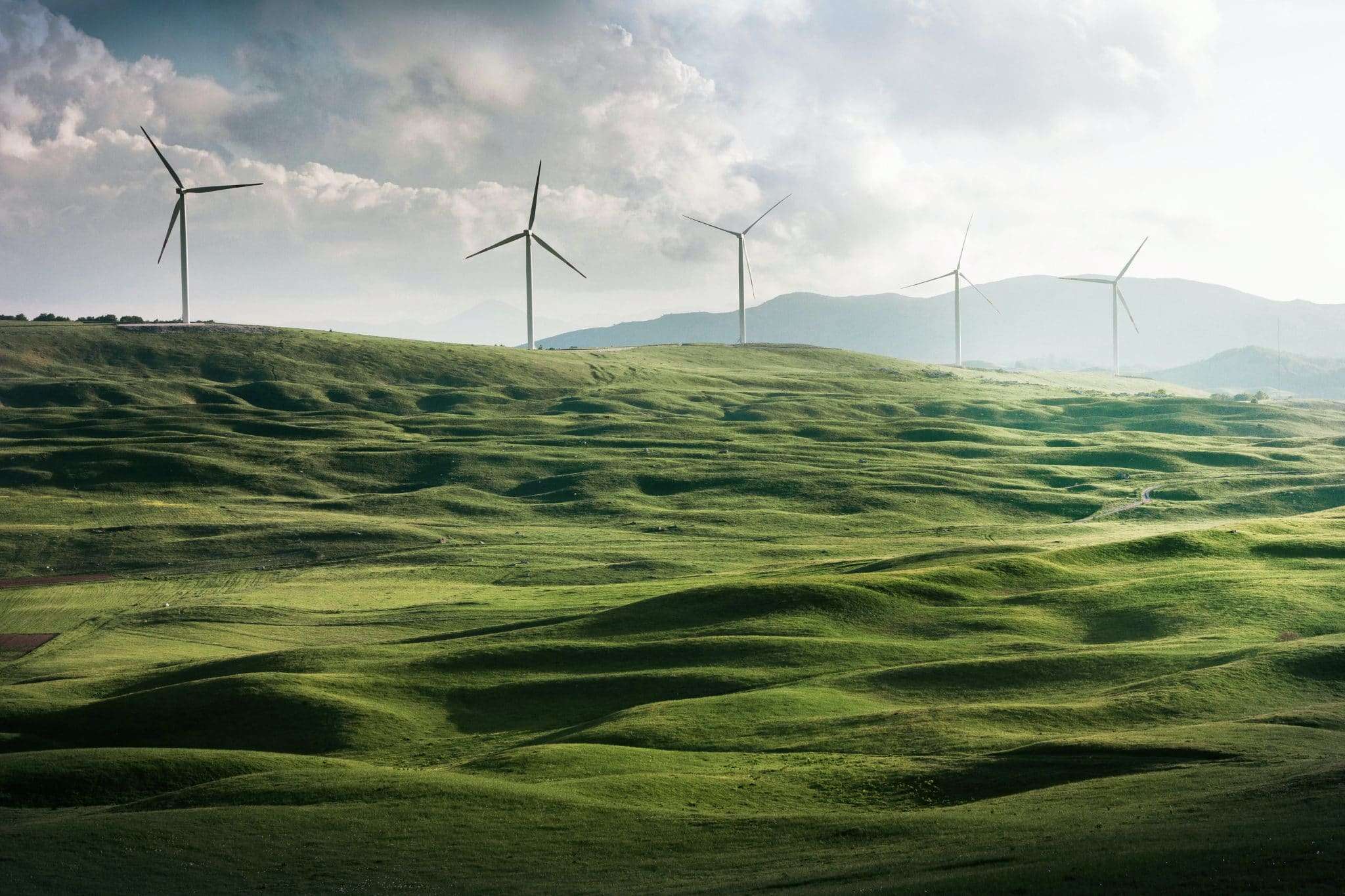A number of financial institutions are working to fund clean energy solutions to help mitigate the climate crisis. But even more are still financing fossil fuels. Will they swap places? And when?
In 2021, the warning from the International Energy Agency (IEA) was clear: if we are to attempt to stay within safe limits of global heating, the development of new oil and gas fields and coal-fired power stations must stop immediately. The intergovernmental agency — which is working to shape a sustainable future of energy — also claimed that global investment in energy should rise to $5 trillion a year.
But since then, the world’s banks and financial institutions have continued to pump hundreds of billions of dollars into fossil fuel companies. This is even though at the 2021 COP26 summit, hundreds signed on to the Glasgow Financial Alliance for Net Zero (GFANZ), and pledged to align their investments with climate crisis mitigation and a reduction in global temperatures.

In reality, according to Paddy McCully of environmental nonprofit Reclaim Finance, this makes many of the world’s biggest banks “climate arsonists.” He told the Guardian recently: “GFANZ and its member alliances will only be credible once they up their game and insist that their members help bring a rapid end to the era of coal, oil, and fossil gas expansion.”
Finance and the fossil fuel industry
The finance industry and the fossil fuel industry are closely linked, as banks will often loan or invest money in oil and gas companies and projects. One report released in 2022, called the “Banking on Climate Chaos” report, suggested that in 2021, the world’s biggest banks had given more than $740 billion in fiance to the fossil fuel industry.
“These financial institutions are directly complicit in undermining a climate stable future for us all,” Alison Kirsch of the Rainforest Action Network (one of the report’s authors) told Reuters. “[They] must immediately end their support of any further fossil fuel infrastructure expansion.”
Reclaim Finance, Sierra Club, Urgewald, BankTrack, the Indigenous Environmental Network, and Oil Change International were also involved in the report, which named four major U.S. banks as the worst offenders for fossil fuel finance. These were JPMorgan Chase, Citi, Wells Fargo, and the Bank of America.
All have “commitments” to reaching net zero or are members of the Net-Zero Banking Alliance (NZBA), which is part of GFANZ. However, immediately after the NZBA was launched, Reclaim Finance notes that Citi and JPMorgan Chase engaged in a $10 billion transaction with Saudi Aramco, a Saudi Arabian public petroleum and natural gas company.

“It is past time to stop financing fossils. Oil, gas, and coal companies will not manage their own decline,” said David Tong of Oil Change International. “The simple reality is that the fundamental arithmetic of 1.5°C requires oil and gas production to decline by at least 3-4 percent per year, starting now. But no major oil and gas company has committed to ending expansion, and banks around the world continue to pour billions into fossil fuels.”
The future of finance and energy
This all sounds pretty bleak. But there may be a glimmer of hope on the horizon. In 2022, for the first time ever, worldwide investment in the transition to green energy hit $1.1 trillion. And in 2023, the World Bank, which provides financing to the governments of low- and middle-income countries, granted $311 million to Sierra Leone, Liberia, Togo, and Chad for renewable energy projects.
In a bid to hold major banks and financial institutions to account, the Net-Zero Asset Owner Alliance (NZAOA) — another sector of GFANZ, which counts financial institutions like BNP Paribas, Allianz, and Avia in its members — is also set to start requiring members to expand their climate reporting to include assets that are not publicly traded. They will also not be allowed to utilize controversial carbon credits, also called carbon offsets, to meet climate targets that are coming up soon.

In the U.K., in December 2022, major bank HSBC also pledged to end funding for new oil and gas fields, and in October of the same year, Lloyds Bank made the same promise. But right now, this means very little, as in 2021, both banks, together with Barclays, Santander, and Natwest, provided around $16 billion to expanding oil and gas companies.
Make My Money Matter, a celebrity-backed campaign led by director Richard Curtis is calling on U.K. banks to make their pledges count and actually stop funding the expansion of the fossil fuel industry. Celebrities including Stephen Fry, Chris Packham, and Emma Thompson are among the big names supporting the campaign. “We hope this weird and wonderful coalition of activists and actors, businesses and brands, celebrities and climate champions puts a fire under the banks to stop them setting fire to the world,” said Curtis in a statement.
Should you move your finances to a greener bank?
The Make My Money Matter campaign recently carried out a survey and discovered that almost a third of HSBC, Santander, NatWest, Lloyds, and Barclays customers would move away from their bank if they found out they were involved in fossil fuel financing. But, if you’re concerned about where your money is really going, where can you go? There are choices.
Bank.Green is a platform that helps consumers find out more about their bank’s fossil fuel activities but also helps them locate more sustainable alternatives. For example, if you enter “JPMorgan Chase,” into the search bar, you’ll learn that “your money is being used to fund the climate crisis at an alarming rate.” But after that, you can find better alternatives.

California-based Ando Money, for example, is “one of the world’s truly sustainable banks,” notes Bank.Green. Spring Bank, Atmos Financial, and Amalgamated Bank are also based in the US and have been approved by Bank.Green’s Fossil Free Certification system. The latter ensures that financial institutions have pledged to not finance new fossil fuel companies or projects.
In the U.K., Bank.Green also recommends banks like Triodos, Algebra, and the Co-operative Bank. And you can also use comparison sites, like Compare the Market, to find more sustainable options. To help encourage change, Make My Money Matter has set up a petition calling on all U.K. pension funds “to put people and planet on a par with profit” that you can sign here. You can also get involved with the work of Rainforest Action Network and email CEOs of the top U.S. fossil fuel banks here.
Related on Ethos:


